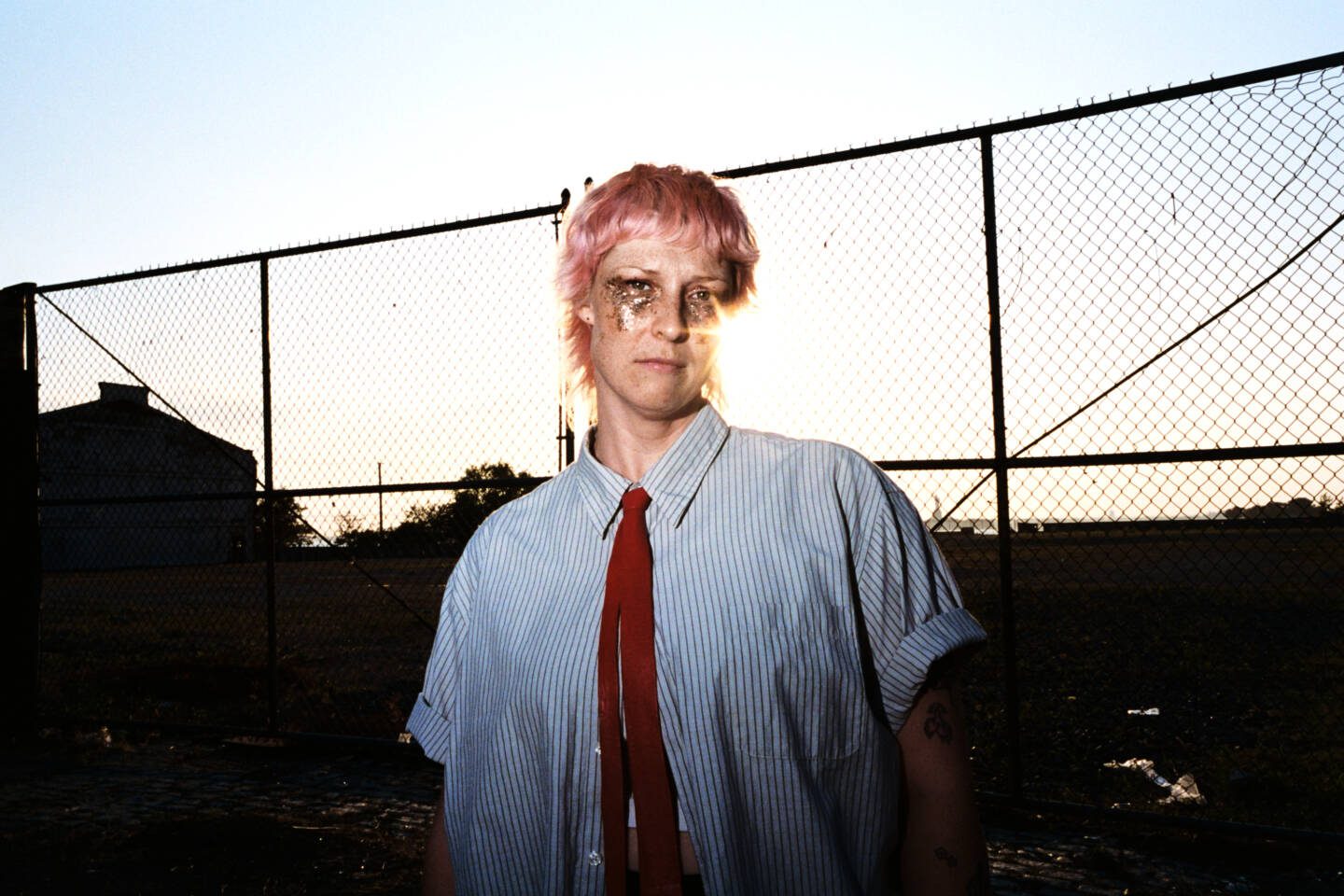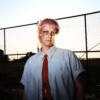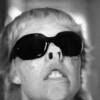The thing about finding yourself is there’s always another corner to turn. The Vermont-based singer/songwriter Liz Cooper made her third album during a period of intense self-discovery and reinvention. She moved to New York for the first time, weathered a pandemic, came out to herself after falling in love with a friend, and experienced her first queer relationship and breakup, all in the course of a few years. New Day marks both a personal and a musical revolution for Cooper – a plunge into psychedelic pop depths and a fullhearted reflection of a whirlwind chapter in her life. These songs scintillate with the kind of self-confidence that only beams through after you’ve aimed a sharp gaze inward and realized that whatever you see will always keep darting ahead of you.
In making New Day, Cooper radically overturned her habitual approaches to making music. Rather than writing with a full band behind her, she recorded demos alone in her apartment, learning day by day to trust herself as she forged her new sound. “I needed to show up for myself to finish writing something that felt impossible,” Cooper says. “New York really challenged me to become a better writer, artist, and person. Living there made me ask myself, why am I making this? Why am I doing any of this? What’s the point? I was tired of being pigeonholed as a guitar player and Americana artist. I needed to follow my own creative bliss.”
While recording, Cooper assumed production duties for the first time in her career, which enabled her to work bold new textures into each song. Together with co-producer Dan Molad (Lucius, JD McPherson), she wrung entirely new sounds out of her guitar with studio equipment she’d never tried before. For the album’s bristlingly optimistic title track, Cooper ran her guitar through a Kaoss pad synthesizer while Molad captured the sound by swinging a microphone around the room. They visited the War on Drugs’ studio to record feedback from Marshall amplifier stacks. Rather than focusing solely on composition and performance, Cooper took a sculptural and procedural approach to production. “Instead of writing my guitar parts note by note, I was experimenting on the spot,” she says. “It opened my mind up – and it felt really good.”
Despite its boisterousness and verve, New Day was originally born in a quiet place. After nearly a decade of living in Nashville, where she’d moved at age 19, Cooper relocated to Brooklyn in February of 2020. She had expected to stay on the road as a touring musician as she’d done for years, but the pandemic soon upended the industry and shuttered venues indefinitely. Confined to her neighborhood and her apartment, Cooper sought out new ways to keep making music.
A longtime guitarist who found her first musical home in Nashville’s Americana scene, Cooper taught herself to play the piano during lockdown, opening up brand new creative channels outside her usual writing practices. She didn’t have to worry about disturbing her neighbors with an amplified electric guitar, and the process of learning an instrument while simultaneously writing on it unearthed an almost childlike sense of discovery. The piano proved to be a loyal friend during a profoundly alienating time. “It felt like someone I could lean on – like the piano was my voice when I couldn’t talk or sing,” says Cooper.
As songs started to trickle out, Cooper flew back and forth to Los Angeles to record with Molad, who engineered her 2021 album Hot Sass. The first song they recorded together was the riotous new wave number “Boy Toy,” where Cooper fully ignites her confidence as an openly queer performer. “I wrote ‘Boy Toy’ the night before we went into the studio. It was totally random, not at all planned,” says Cooper. “I met up with my friend Caroline Kingsbury, and we were like, Let’s make a fun song that’s just super direct and sexy and big. It felt so powerful and free to start there.”
Over time, Cooper built out the songs she had written and demoed in New York. Slow and sparse sketches became big, buoyant anthems. She looked to early Beck records for inspiration as she crafted New Day‘s crisp, high-contrast sound.
On the album’s lead single and title track, fuzz bass churns underneath twinkling synths and binaural backing vocals. Piano and strings take center stage on the swelling “IDFK,” one of many songs inflected by Lou Reed’s classic album Coney Island Baby, which Cooper played on repeat while living in Brooklyn. The bittersweet “Sorry (That I Love You)” conjures the extremes of a troubled relationship over warm, vintage-toned guitar and bass, while closer “Baby Steps” wraps the album on a hopeful note: “I’ve made mistakes / I’m only human / These baby steps / Lead me to you,” she sings at the love song’s sweetly irresistible hook.
“I struggled so much while writing this record,” Cooper says. “I felt like I wasn’t allowed to come out – I was dealing with a lot of internalized homophobia. Celebrating my queerness and understanding who I am has been a long process. Every day is a new day of coming out to myself and to everyone around me. I’m very proud to be making music that feels honest to me and my experience.”
No matter how many times you change, no matter how many hours you commit to improving yourself, each new phase in a life is still only a prelude to the next one. With New Day, Cooper captures the unfurling transformations that revealed her to herself – and leaves the door wide open for all the people she’s still yet to become.


